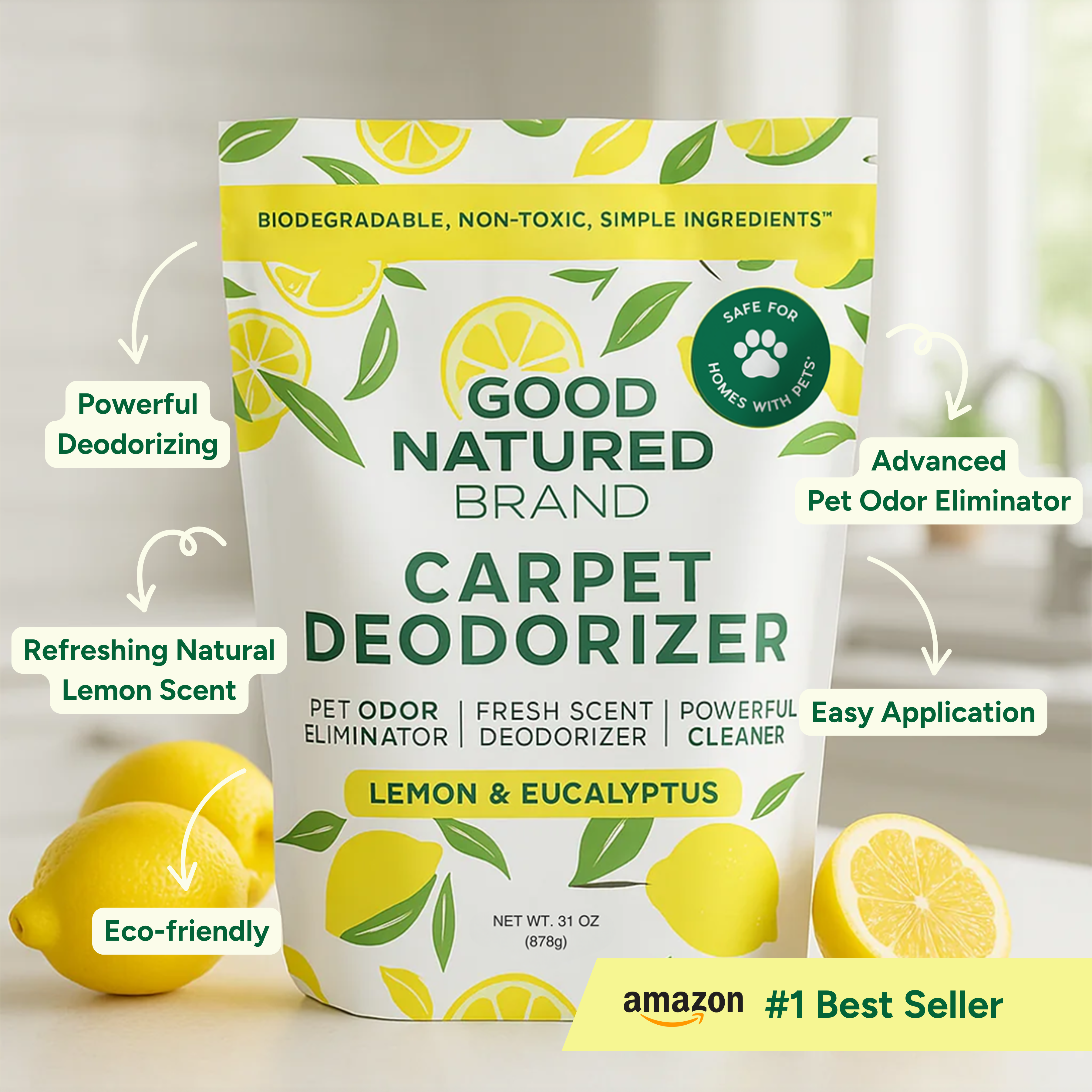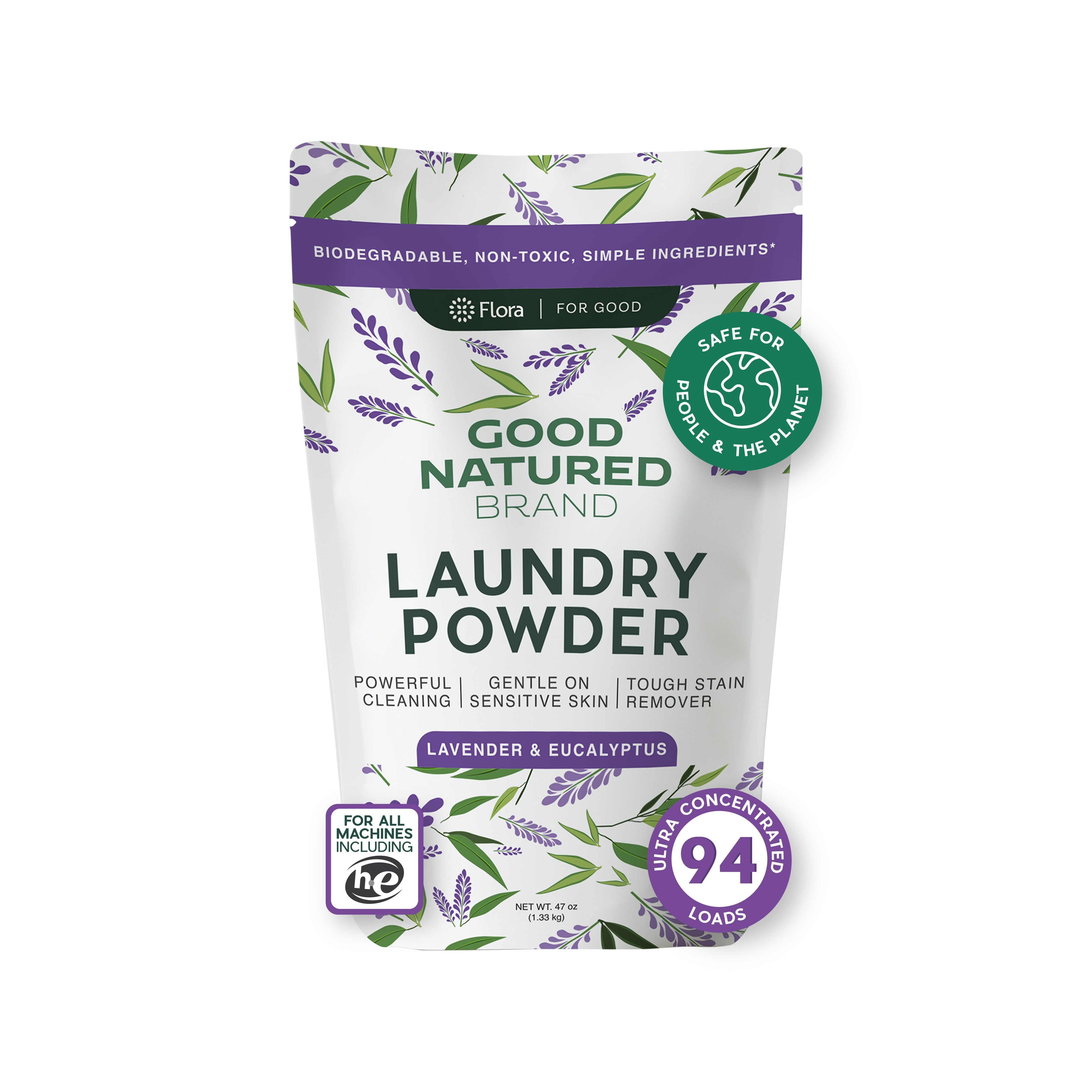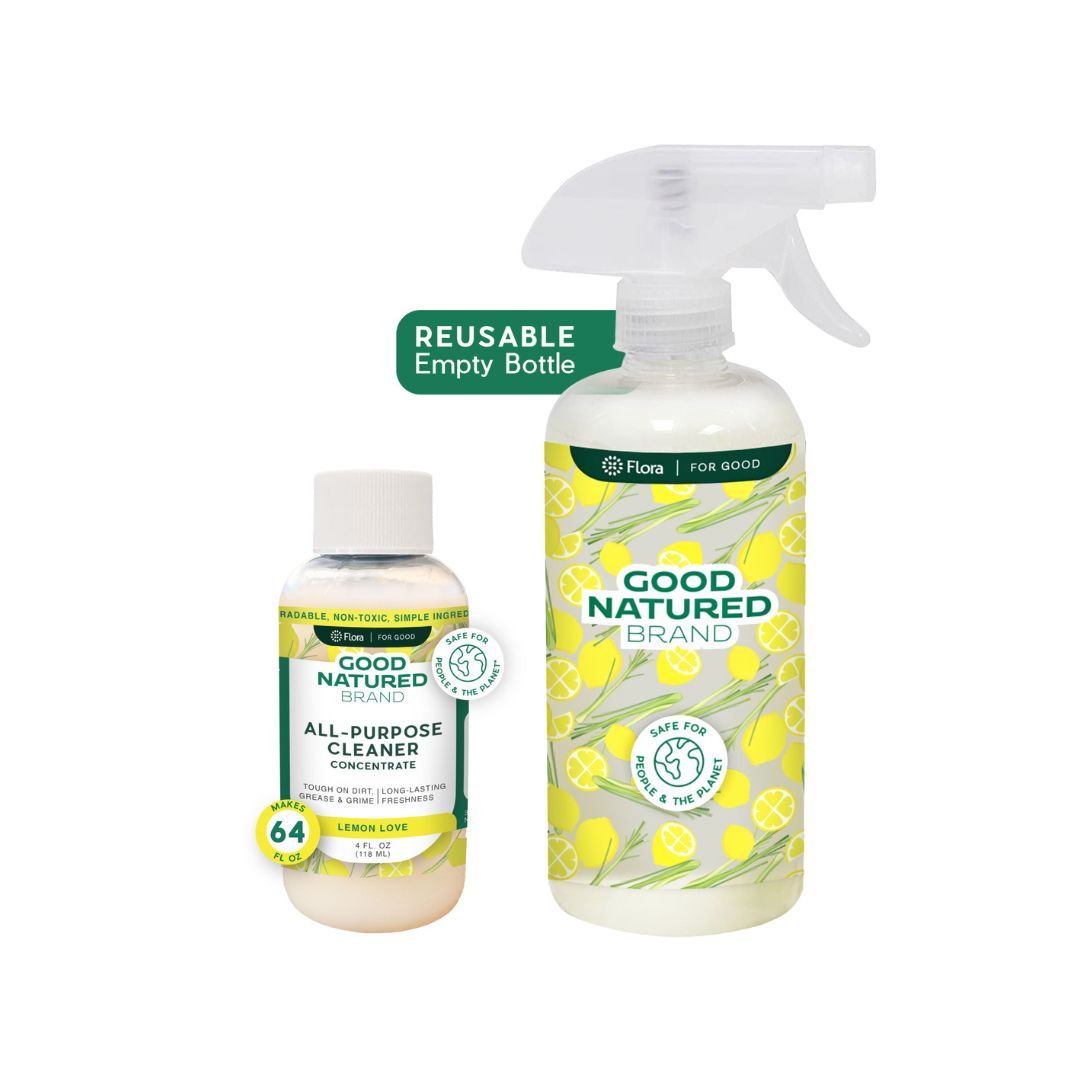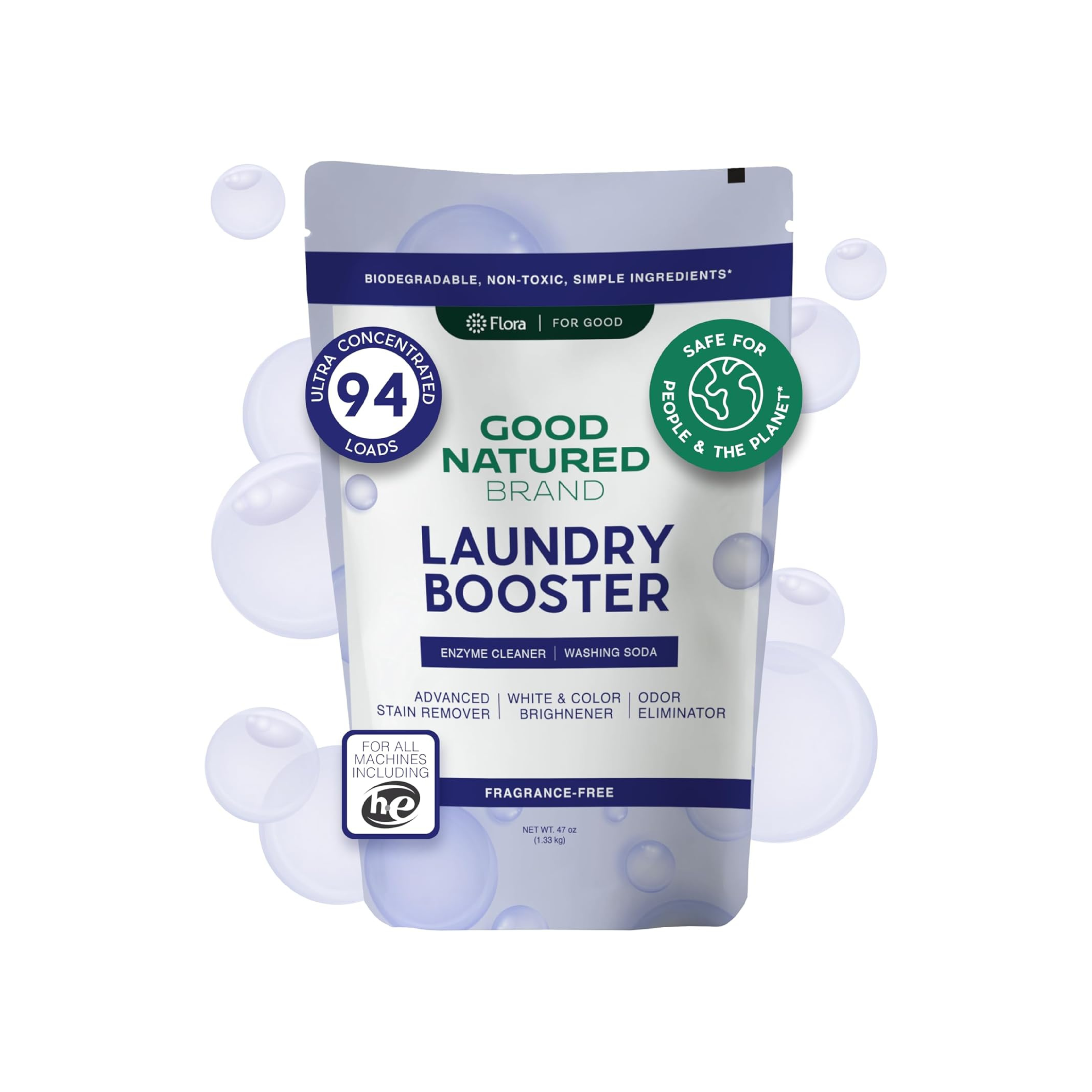Choosing the right laundry detergent for your baby’s clothes is an essential task that goes beyond mere cleanliness. Babies have delicate skin that can be easily irritated by harsh chemicals and allergens found in many conventional detergents. In this guide, we'll explore why it's vital to select a suitable detergent for baby clothes and what features to look for when making your choice.
Understanding the Importance of Choosing the Right Laundry Detergent for Baby Clothes
When it comes to caring for your little one, every detail matters—especially when it involves what touches their skin. The right laundry detergent can play a crucial role in ensuring your baby's comfort and health. Many parents may not realize that traditional laundry detergents often contain a range of synthetic ingredients, fragrances, and dyes that can irritate a baby’s sensitive skin.
Why Special Laundry Detergent for Baby Clothes?
Babies are particularly vulnerable to skin irritations, rashes, and allergies. Their skin is thinner and more permeable than that of adults, making it easier for irritants to penetrate. Therefore, using a special laundry detergent formulated specifically for baby clothes is highly recommended.
These specialized detergents are typically hypoallergenic, fragrance-free, and free from harmful chemicals, making them gentler on your baby's skin. It’s essential to avoid products with harsh additives that can lead to conditions such as eczema or allergic reactions.
Key Features to Look for in Laundry Detergent for Baby Clothes
When selecting a laundry detergent for your baby’s clothes, keep these key features in mind:
Hypoallergenic Properties
Hypoallergenic detergents are designed to minimize the risk of allergic reactions. They are less likely to contain common allergens and irritants, making them a safe choice for your baby’s laundry. Look for products specifically labeled as hypoallergenic and free from common allergens.
Free from Harsh Chemicals
Many laundry detergents contain harsh chemicals like phosphates, optical brighteners, and chlorine bleach, which are not suitable for delicate baby skin. Choosing a detergent free from these ingredients is crucial. Look for natural or organic options that prioritize eco-friendly formulations.
At Good Natured Brand, our Laundry Powders are crafted with gentle, effective ingredients that are safe for your little one, allowing you to wash with peace of mind.
Fragrance Considerations
While many people enjoy the smell of fresh laundry, synthetic fragrances can cause skin irritation and allergic reactions in babies. Opting for fragrance-free detergents or those with natural, mild scents can help maintain a safe and comfortable environment for your child.
If you prefer products with a natural aroma, consider adding a few drops of essential oils during the washing cycle, but be cautious to ensure they are safe for babies.
Types of Laundry Detergent Suitable for Baby Clothes
Different types of laundry detergents come with their own pros and cons. Here’s what you need to know about choosing the right kind:
Liquid vs. Powder Detergents
When selecting a detergent, you’ll typically have the option of liquid or powder.
-
Liquid Detergents: These are often easier to dissolve and can penetrate fabric fibers more effectively for stain removal. They work well in cold water, making them a convenient choice for washing baby clothes.
-
Powder Detergents: They can be more cost-effective and are effective at lifting dirt and stains, especially in hot water. However, they may not dissolve completely in cold water and can leave residue on fabrics if not used properly.
Deciding between the two depends on your washing habits and preferences.
Concentrated vs. Regular Formulas
Concentrated laundry detergents contain more cleaning power per ounce, allowing you to use less product for the same cleaning effect. This can be beneficial not only for your wallet but also for reducing waste.
Check the instructions on the label to understand the appropriate amount to use, especially when washing baby clothes, which often require gentler care.
The Importance of Eco-Friendly Detergents
As parents, we want to create a safe environment for our children, and that includes the products we use in our homes. Choosing eco-friendly laundry detergents is not only beneficial for your baby’s skin but also for the environment.
Eco-friendly detergents are typically made from natural ingredients and are free from harmful chemicals, making them safer for both your baby and the planet. At Good Natured Brand, we emphasize the importance of sustainability, and our Laundry Powders are a testament to this commitment, providing a green solution for washing baby clothes.
How to Read Laundry Detergent Labels
Understanding how to read detergent labels is crucial for making an informed decision. Look for:
-
Ingredient Lists: Check for any ingredients you may want to avoid, such as dyes, fragrances, and phthalates.
-
Certifications: Look for certifications like “dermatologist-tested,” “hypoallergenic,” or “eco-friendly” labels that can give you confidence in your choice.
-
Usage Instructions: Follow the recommended instructions for the best results, especially when washing delicate baby clothes.
Frequently Asked Questions About Laundry Detergent for Baby Clothes
Many parents have questions regarding the use of laundry detergent for their baby’s clothes. Here are some common concerns:
-
Can I use regular detergent for baby clothes?
While you can use regular detergent, it's advisable to choose a detergent specifically formulated for babies to minimize the risk of irritation. -
What if my baby has allergies?
If your baby has known allergies, consult your pediatrician and consider using hypoallergenic detergents that are free from common allergens.
Pre-Washing Preparations
Before you toss your baby’s clothes into the wash, there are several steps you should take to prepare. These preparations can help enhance the washing process and maintain the quality of the fabrics.
Sorting Baby Clothes
Sorting is the first step in washing baby clothes effectively. Separate clothes by color and fabric type to prevent any color bleeding or damage.
-
Light and Dark Colors: Keep white and light-colored clothing separate from darker items, especially if they are new. New garments may bleed dye, which can ruin lighter fabrics.
-
Fabric Type: Different fabrics may require different washing settings. For example, delicate items such as onesies made from soft cotton may need a gentler cycle than heavier fabrics.
Checking Labels
Always check the care labels on each garment for specific washing instructions. This information can guide you on water temperature, drying methods, and whether to wash by hand or machine.
Washing Techniques for Baby Clothes
Once you’ve sorted and checked the labels, it’s time to wash. Here are some recommended techniques tailored for baby garments.
Water Temperature
When washing baby clothes, the water temperature plays a significant role in ensuring cleanliness while maintaining fabric integrity.
-
Hot Water: Use hot water for heavily soiled items or if your baby has had a diaper blowout. Hot water helps in sanitizing and effectively removing stubborn stains. However, be cautious as it may shrink some fabrics.
-
Warm Water: Warm water is a safe choice for regular loads and helps remove dirt without causing excessive wear on delicate fabrics.
-
Cold Water: Cold water is ideal for lightly soiled clothes and is gentle on fabrics and colors. It helps retain the garment’s shape and prevents fading.
Choosing the Right Cycle
Select the appropriate washing cycle based on the type of fabric you are washing.
-
Delicate Cycle: For soft, sensitive fabrics, using the delicate cycle is ideal. This cycle uses slower agitation and shorter washing times to minimize wear and tear.
-
Regular Cycle: For sturdier fabrics, the regular cycle can be used. This is suitable for items like cotton onesies or sleep sacks that can withstand a bit more agitation.
The Importance of Rinsing
Rinsing is a crucial step in the washing process, especially for baby clothes. Ensure that your washing machine goes through a complete rinse cycle to remove any detergent residue. This is particularly important if your baby has sensitive skin, as leftover detergent can lead to irritation.
Drying Baby Clothes
Once the washing cycle is complete, the next step is drying. Here are some tips to ensure that baby clothes are dried safely and effectively.
Air Drying
Whenever possible, air drying is the gentlest option for baby clothes. This method helps preserve the fabric and prevent shrinking. Here are a few tips for air drying:
-
Hang clothes in a well-ventilated area: This helps improve air circulation and reduces drying time.
-
Use a drying rack: A drying rack allows you to spread clothes out evenly, preventing them from becoming misshapen.
Machine Drying
If you prefer to use a dryer, make sure to select a low heat setting. High heat can cause some fabrics to shrink or become damaged.
-
Use dryer balls: Adding dryer balls can help improve air circulation in the dryer and decrease drying time.
-
Avoid fabric softeners: Many fabric softeners contain chemicals that can irritate a baby’s sensitive skin. Instead, consider using a gentle, eco-friendly alternative if needed.
Storing Baby Clothes
Proper storage of baby clothes is essential to keep them fresh and ready for use. Here are some tips:
-
Use breathable storage bins: Opt for bins made from breathable materials to prevent moisture buildup and mildew.
-
Avoid plastic bags: While plastic bags may seem convenient, they can trap moisture and lead to mold growth.
Refreshing Baby Clothes Between Washes
Sometimes baby clothes may lose their freshness between washes, especially if they are stored for a while. Here, Room and Linen Sprays can come in handy. These sprays offer a quick and effective way to refresh clothes without the need for a full wash. Simply spritz the garment lightly and let it air out. This is particularly useful for clothes that are not heavily soiled but still need a little pick-me-up.
Conclusion
By following these best practices for washing baby clothes, you can ensure that your little one’s garments remain clean, soft, and free from irritants. Pairing these washing techniques with a gentle, eco-friendly detergent like those found in our Laundry Powders collection will provide a safe and nurturing environment for your baby.



















